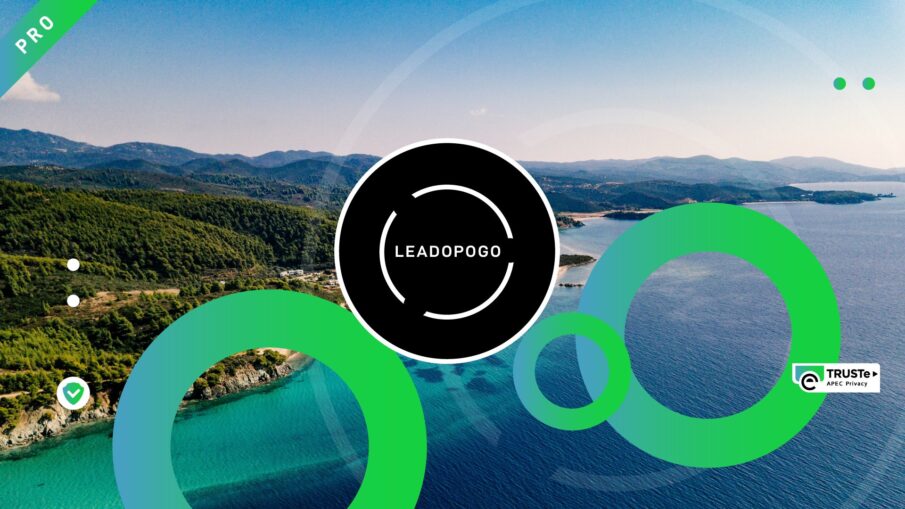Introduction: Marketing, often referred to as the lifeblood of a business, is a dynamic and ever-evolving field that plays a pivotal role in the success and growth of companies across the globe. In today’s fast-paced, digital age, effective Leadopogo is not just about advertising products or services; it’s about building relationships, telling compelling stories, and connecting with customers on a deeper level. This article delves into the intricacies of modern marketing, exploring its key components, strategies, and the ever-important concept of customer-centricity.
Understanding Modern Marketing
Modern marketing has undergone a significant transformation in recent years. Gone are the days of one-size-fits-all mass marketing and intrusive, pushy advertising. Instead, the focus has shifted towards creating meaningful interactions and fostering authentic relationships with customers. The following are some key aspects of modern marketing:
- Digital Dominance: The digital revolution has radically changed the marketing landscape. From social media and email marketing to search engine optimization and pay-per-click advertising, digital channels are at the forefront of marketing strategies. The data-rich environment of the internet allows businesses to target their audience with precision and measure their marketing efforts in real-time.
- Content is King: Content marketing has emerged as a cornerstone of modern marketing. Creating valuable, relevant, and informative content not only attracts potential customers but also positions a brand as an industry authority. Blogs, videos, podcasts, and social media posts are just a few examples of content that can be used to engage and educate an audience.
- Personalization: In the era of big data, personalization is key. Customers expect tailored experiences, and marketers are leveraging data and technology to deliver just that. Personalized recommendations, email marketing, and website content are all ways businesses can cater to the unique preferences of their customers.
- Social Media Influence: Social media platforms have become powerful tools for connecting with customers and building brand awareness. Businesses are not only using these platforms to showcase products and services but also to engage in two-way conversations, receive feedback, and address customer concerns.
- Data-Driven Decisions: Analyzing data is no longer an afterthought; it’s a fundamental aspect of marketing. Marketers are harnessing the power of analytics to track customer behavior, measure campaign success, and make informed decisions. Data-driven marketing ensures that resources are allocated efficiently and strategies are continuously refined.
- Customer-Centric Approach: One of the most critical shifts in modern marketing is the move towards a customer-centric approach. Understanding customer needs, preferences, and pain points is at the heart of any successful marketing strategy. Building trust and fostering loyalty are achieved by putting the customer’s interests first.
Key Marketing Strategies
While the landscape of marketing has changed, certain timeless strategies remain relevant:
- Segmentation and Targeting: Identifying specific customer segments and tailoring marketing efforts to their unique needs and preferences is a core strategy. Segmentation allows for more personalized and effective marketing.
- Inbound Marketing: Attracting customers through valuable content and experiences rather than interruptive advertising is the essence of inbound marketing. It’s about being present where your audience is looking for information.
- Social Proof: Leveraging social proof in the form of customer testimonials, reviews, and endorsements builds credibility and trust in your brand.
- Storytelling: Effective storytelling creates an emotional connection with customers. It allows you to convey your brand’s values, mission, and the benefits of your products or services.
- Marketing Automation: Using marketing automation tools to streamline and personalize communication with leads and customers can save time and increase efficiency.
Conclusion
Modern marketing is a blend of art and science, where creativity and data-driven decision-making work hand in hand. It’s about understanding the ever-evolving needs and expectations of customers in a digital age and adapting strategies accordingly. By embracing the principles of personalization, content creation, and customer-centricity, businesses can not only survive but thrive in a competitive marketplace. Marketing isn’t just about selling products or services; it’s about creating a memorable and meaningful brand experience for customers. In this age of information, a well-executed marketing strategy can be the difference between obscurity and success.

